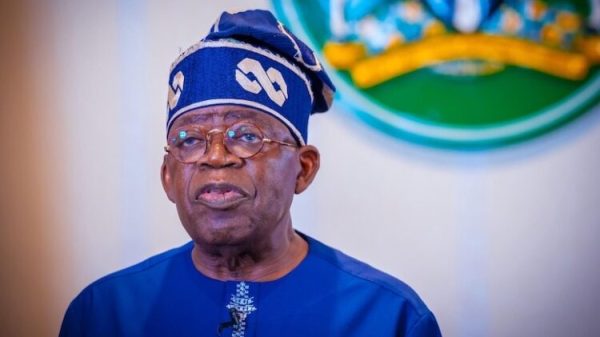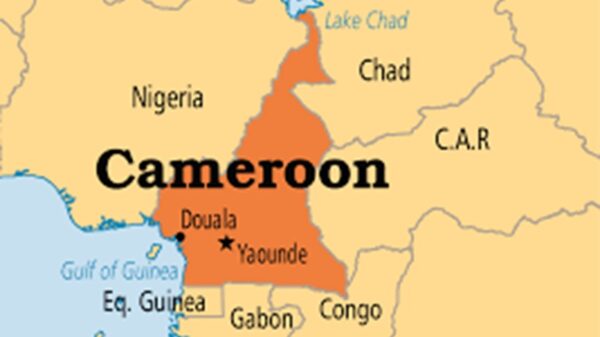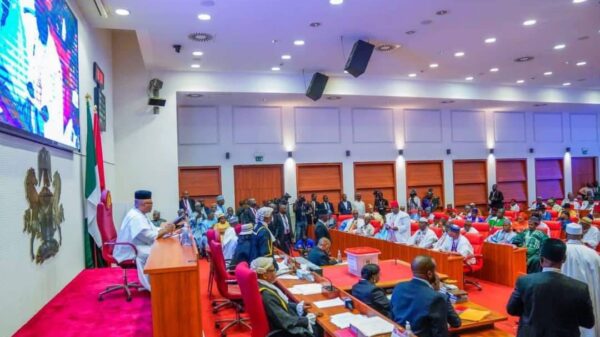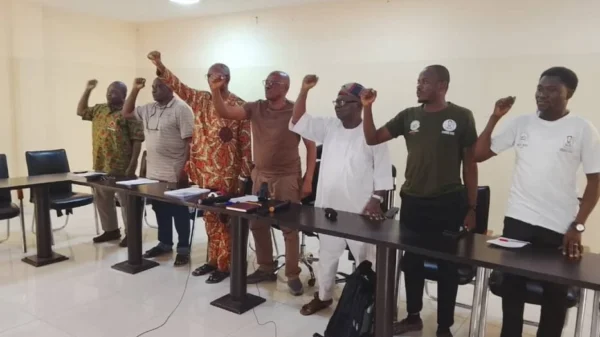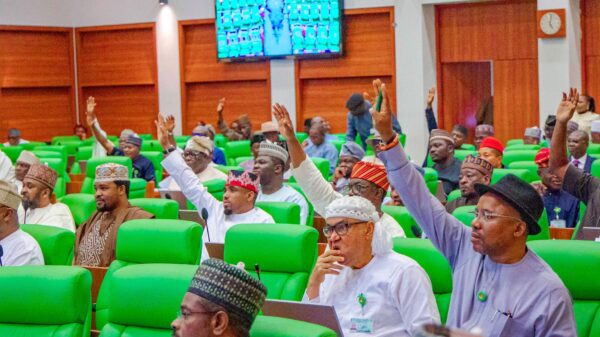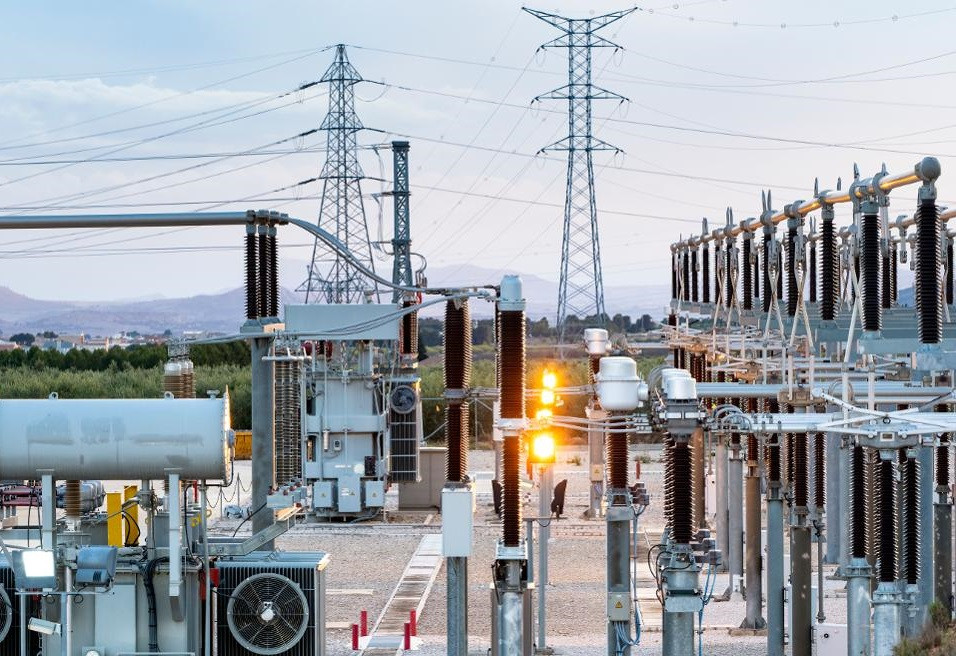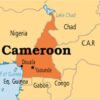The 2005 Electricity and Power Sector Reform Act has been replaced by the new Electricity Act, which was ratified by President Bola Tinubu.
During the presidency of former President Muhammadu Buhari, the Electricity Act was initially enacted in July 2022.
The new measure aims to de-monopolize national electricity generation, transmission, and distribution while encouraging private sector participation in Nigeria’s power industry.
Below are 10 benefits of the assented 2023 Electricity Act
1. The passage means that anyone may construct, own, or operate an undertaking for generating electricity not exceeding one megawatt in aggregate at a site, or an undertaking for distribution of electricity with a capacity not exceeding 100 kilowatts in aggregate at a site, or such other capacity as the Commission may determine from time to time, without a license.
2. Electricity generation licensees are obligated to meet renewable generation obligations as may be prescribed by the Nigerian Electricity Regulatory Commission.
3. Electricity generating companies will be mandated to either generate power from renewable energy sources, purchase power generated from renewable energy or procure any instrument representing renewable energy generation.
4. Lawmakers are granted the power to carry out oversight responsibilities and function over the NESI through its respective Committees on Power in the Senate and House of Representatives.
5. Empowerment of states, companies, and individuals to generate, transmit and distribute electricity.
6. States can regulate their electricity markets by issuing licenses to private investors who can operate mini-grids and power plants within the state. However, the Act precludes interstate and transnational electricity distribution.
7. The Nigerian Electricity Regulatory Commission will be able to regulate the electricity sector within Nigeria.
8. The commission can transition regulatory responsibilities from itself to state regulators when they are established.
9. Until a state has passed its electricity market laws, NERC will continue to regulate electricity businesses in such states.
10. For now, only three states -Lagos, Edo, and Kaduna, have electricity market laws and can start regulating their markets. But for other states without such laws, NERC will regulate their electricity generation and transmission.
![]()


